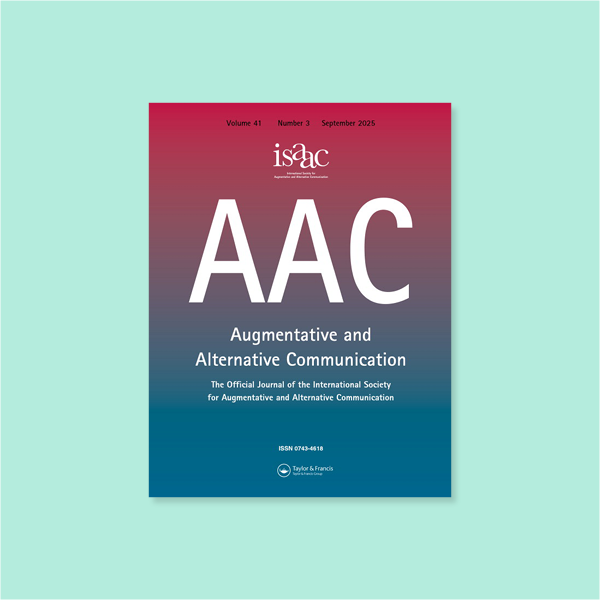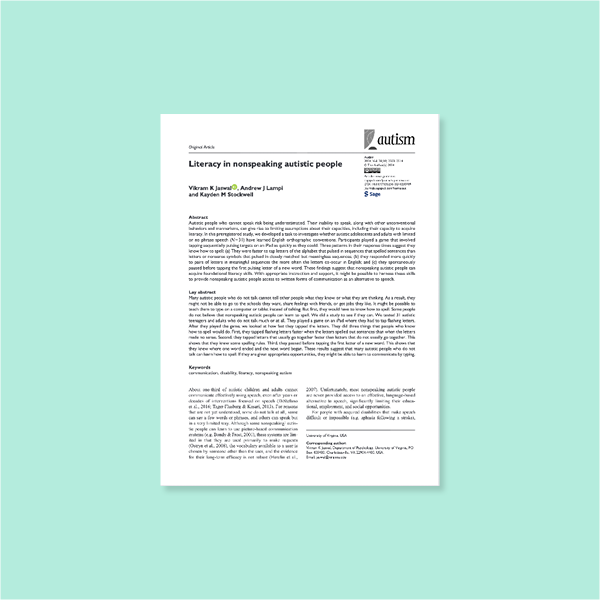 Image 1 of 1
Image 1 of 1


Barriers to Healthcare and Self-Reported Adverse Outcomes for Autistic Adults: A Cross-Sectional Study
Doherty, Neilson, O'Sullivan, Carravallah, Johnson, Cullen and Shaw (2022)
This article looks at why autistic people often face serious health problems and struggle to access proper healthcare. Led by autistic researchers, it shares real stories from autistic people about barriers they face, like communication problems, not being believed by doctors, feeling helpless or afraid, and avoiding healthcare altogether. The study highlights these issues and offers a new model to better understand and address the health challenges autistic people experience.
Doherty, Neilson, O'Sullivan, Carravallah, Johnson, Cullen and Shaw (2022)
This article looks at why autistic people often face serious health problems and struggle to access proper healthcare. Led by autistic researchers, it shares real stories from autistic people about barriers they face, like communication problems, not being believed by doctors, feeling helpless or afraid, and avoiding healthcare altogether. The study highlights these issues and offers a new model to better understand and address the health challenges autistic people experience.






